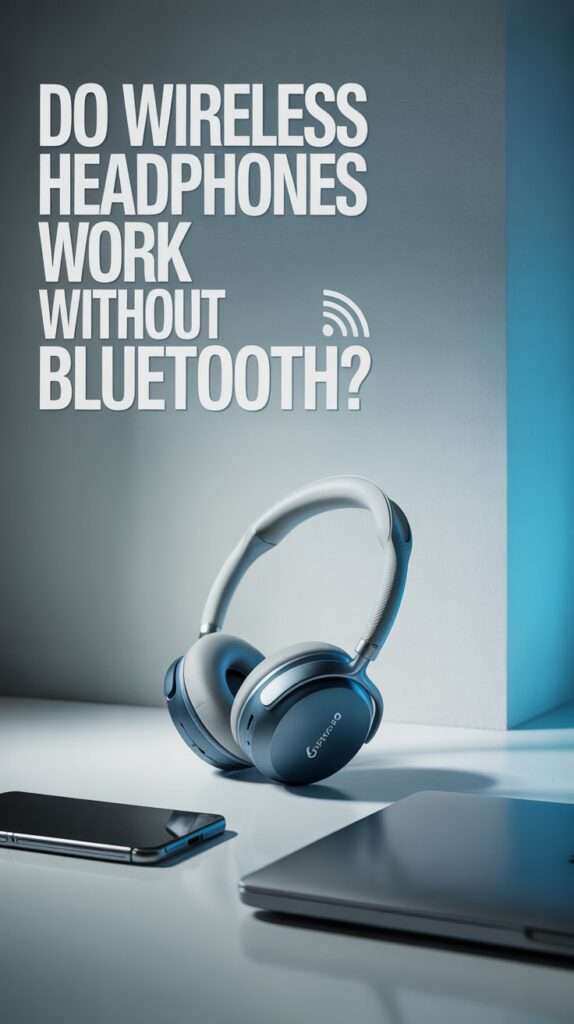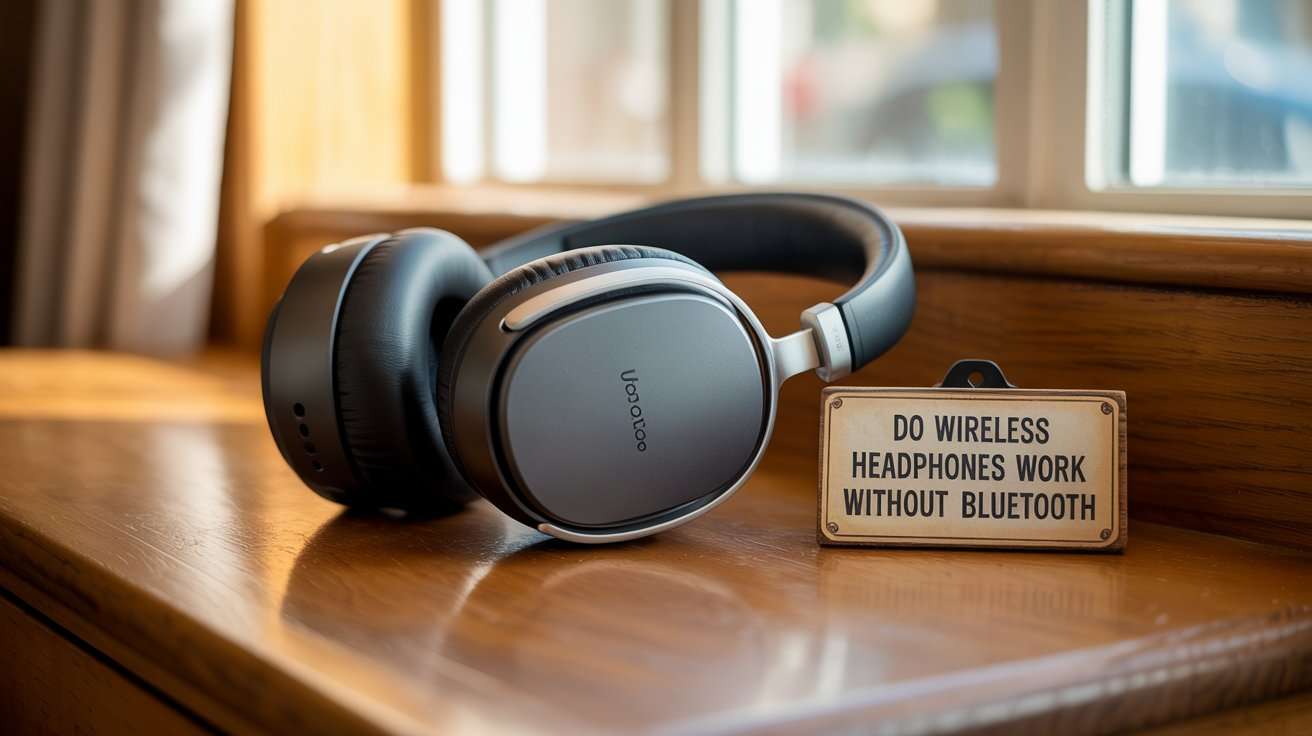Do wireless headphones work without Bluetooth? The short answer is yes but it’s not as simple as just flipping a switch. If you imagine all wireless headphones strictly needing Bluetooth to run, well, that’s not entirely true.
Some wireless headphones do work without Bluetooth, using other tech like radio frequency (RF) or even infrared. So, if you ever wondered if your wireless headphones could ditch Bluetooth and still jam out or catch your favorite podcast, buckle up this is gonna be an interesting chat.
1. What Exactly Are “Wireless Headphones” Anyway?
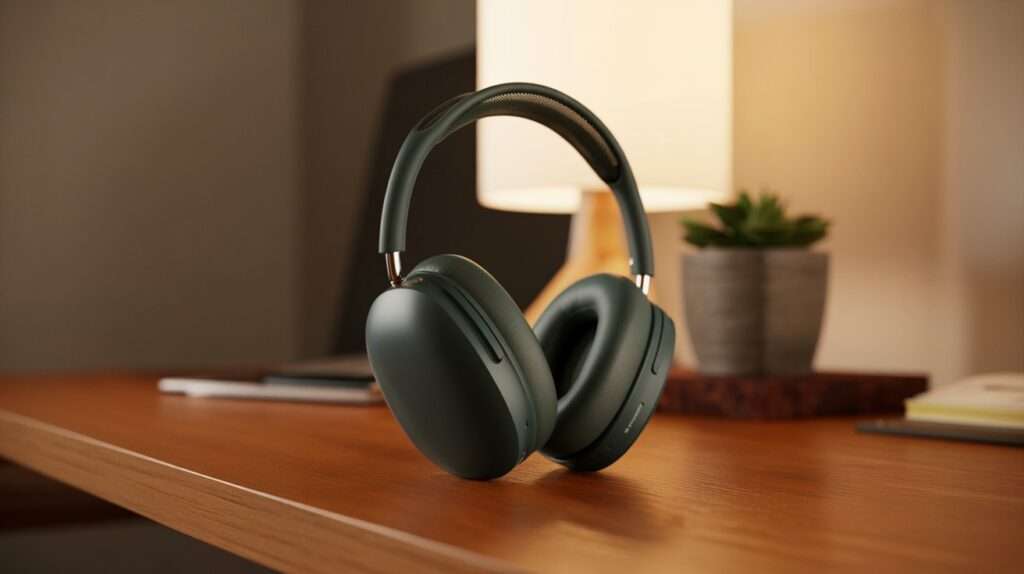
When people say wireless headphones, most of us immediately think Bluetooth. It’s like the default assumption. But technically, wireless headphones just mean headphones that don’t rely on cords. So, Bluetooth is just one way to be wireless.
Other ways include:
- Radio Frequency (RF): This old-school tech uses radio waves to send audio signals from a transmitter to your headphones.
- Infrared (IR): Think of this like TV remote signals it requires a direct line of sight.
- Wi-Fi: Some fancy setups (usually in-home audio systems) can stream music over Wi-Fi.
So, yeah, Bluetooth isn’t the only game in town, even if it’s the coolest kid right now.
2. Do Wireless Headphones Really Need Bluetooth?
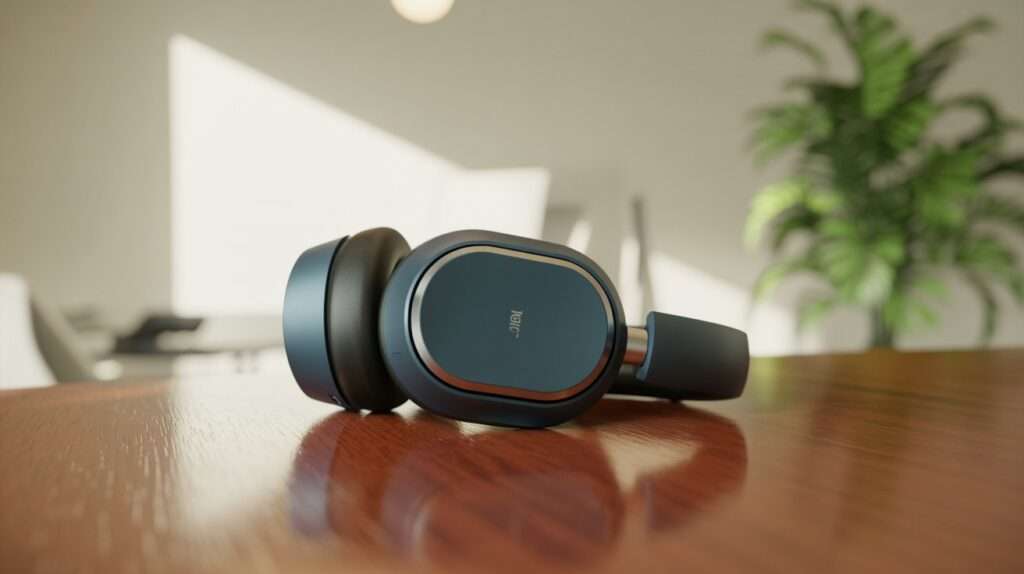
Here’s where things get juicy. If you have wireless headphones that are specifically designed for Bluetooth, they need Bluetooth. It’s their whole deal. No Bluetooth, no music.
But not all wireless headphones lock you into Bluetooth-only. Some models come with options like:
- An auxiliary (AUX) input so you can plug in a cable if Bluetooth isn’t available.
- An SD card slot to play music directly from a card.
- A built-in FM radio to catch local stations.
If your headphones have these extra features, you can still use them without Bluetooth, but… here comes the catch: You typically cannot use your phone to call or stream music wirelessly without Bluetooth. So, if you want to receive calls or stream Spotify from your phone, Bluetooth is kinda essential.
3. Radio Frequency Wireless Headphones: The Old But Gold Option
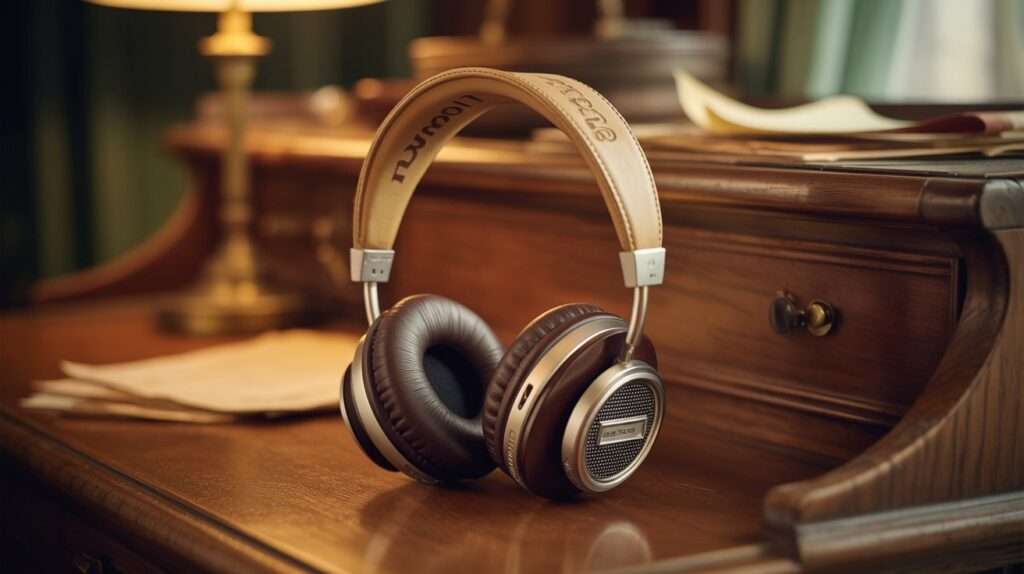
Remember those wireless headphones you used to see on TV ads back in the day? Most of those used RF. They came with a base station that transmits radio waves to your headphones.
The awesome part about RF headphones:
- They can cover longer distances than Bluetooth (up to around 100 meters).
- They usually have ultra-low latency, which is fantastic for watching TV or gaming without annoying audio delays.
- They don’t depend on Bluetooth, so no pairing antics with your phone!
Downsides? These headphones tend to be bulkier, and you need that base station plugged into your TV or audio system. Not exactly travel-friendly.
4.Using Wireless Headphones with Non-Bluetooth Devices
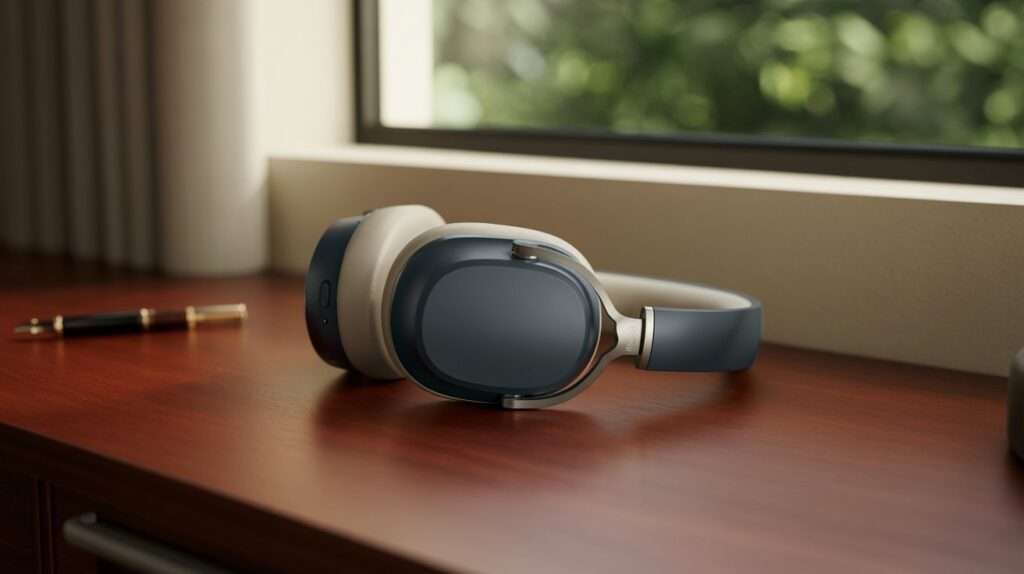
Let me ask you this: What if your TV, stereo system, or gaming console has no Bluetooth? Is it game over for wireless headphones? Nope!
Here are some FYI options to work around the Bluetooth absence:
- Bluetooth Transmitter: Plug a Bluetooth transmitter into your device’s headphone jack or audio out port. This little gadget converts the wired signal into Bluetooth so your headphones can pick it up.
- RF Transmitter: If your headphones support RF, simply plug the transmitter into your device.
- Aux Cable: Some wireless headphones double as wired ones, letting you plug in directly when wireless isn’t an option or the battery dies. Pretty nifty, right?
5. What About Live Music or High-Fidelity Audio? Can Bluetooth-less Wireless Headphones Keep Up?
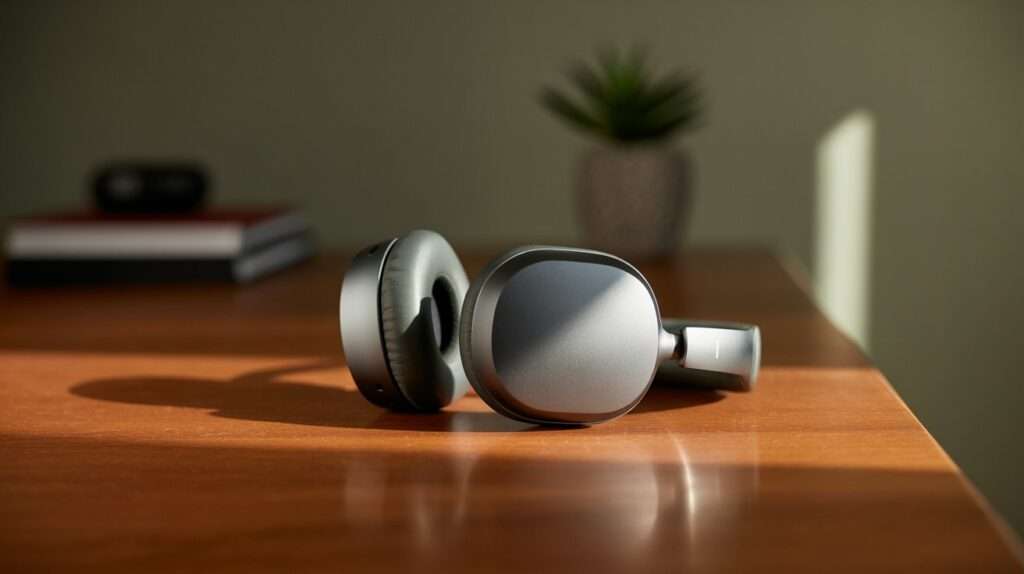
If you’re a musician or an audiophile, latency and sound quality are prime suspects when deciding on wireless audio gear. Bluetooth has come a long way with codecs like aptX Low Latency, but it still can’t always keep up with the zero-delay wired experience.
Pro tip: RF wireless headphones or dedicated wireless instrument systems (think wireless guitar headphones) often use the 2.4 GHz band not Bluetooth to transmit audio with near-zero latency.
Here’s a quick head-to-head comparison:
| Feature | Bluetooth Headphones | RF Wireless Headphones |
|---|---|---|
| Latency | Moderate (depends on codec) | Ultra-low |
| Range | Short (10–30 meters) | Long (up to ~100 meters) |
| Setup | Simple pairing | Usually needs transmitter and base |
| Compatibility | Devices with Bluetooth | Requires specific transmitter |
| Portability | Highly portable | Bulkier due to base station |
| Sound Quality | Compressed audio | Often uncompressed high fidelity |
6. Are Wireless Headphones Without Bluetooth Worth It?
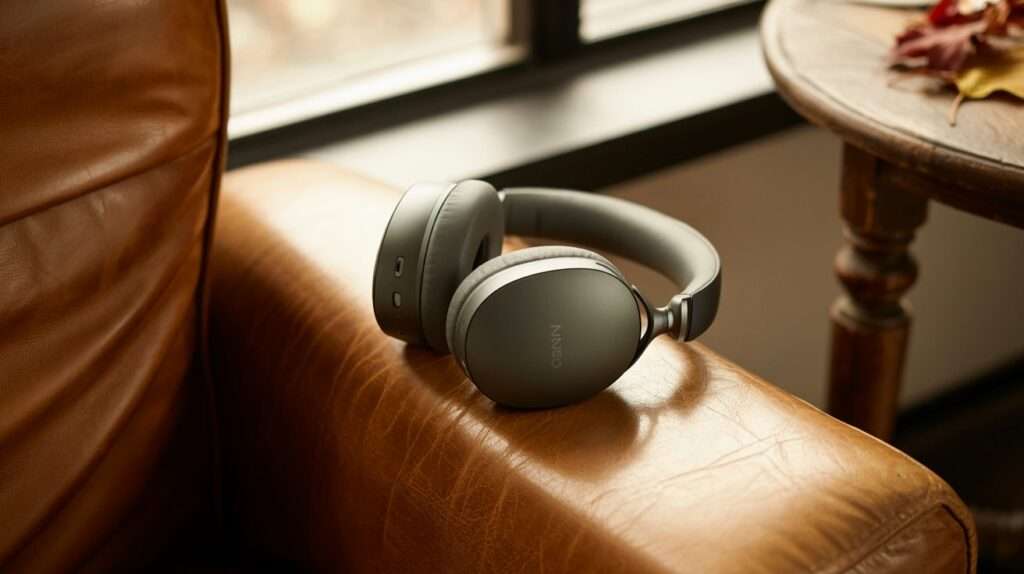
Honestly, most everyday users should stick with Bluetooth wireless headphones. They’re the easiest to use, widely compatible, and fit perfectly with smartphones, laptops, tablets—you name it.
However, if you’re the type who:
- Watches a lot of TV with a home theater system,
- Plays instruments and needs a wireless monitor,
- Wants super low latency for gaming,
- Or prefers more extended range than Bluetooth offers,
Then these Bluetooth-less wireless headphones with RF or other tech might just be the better fit.
7. Personal Take: What I Use and When
I’ve toyed with both Bluetooth and RF headphones. For my daily commute and casual listening, Bluetooth wins hands down. The convenience of just pairing with my phone and moving around without wires is unbeatable.
But for TV marathons at home? I keep an RF wireless setup around because no annoying lag ruins my video. Plus, it helps me avoid waking up anyone nearby if I don’t want volume blasting.
Conclusion
So, do wireless headphones work without Bluetooth? Absolutely if they use other wireless technologies like RF or infrared, or have auxiliary options.
But for streaming music, making calls, and pairing with modern devices, Bluetooth still reigns supreme.
If you’re on the hunt for headphones that don’t need Bluetooth, poke around for the key features like:
- RF compatibility,
- Auxiliary input,
- SD card slots, or
- FM radio features.
Otherwise, enjoy your Bluetooth wireless freedom.
